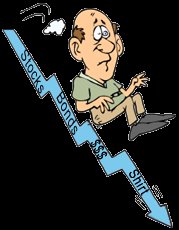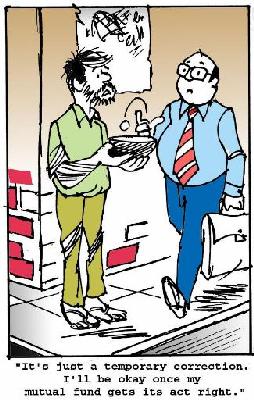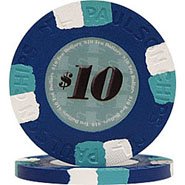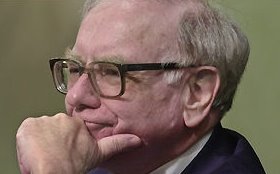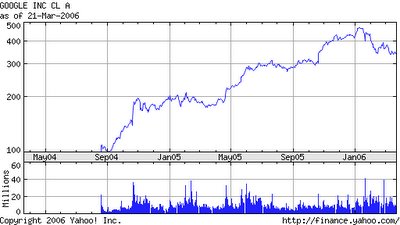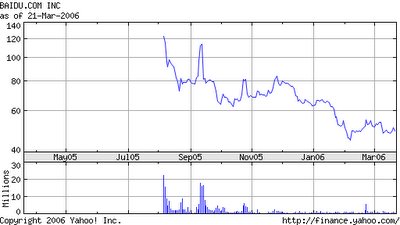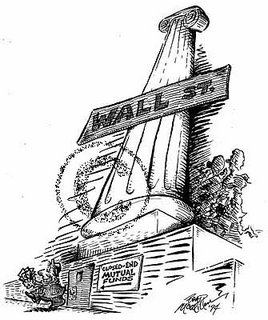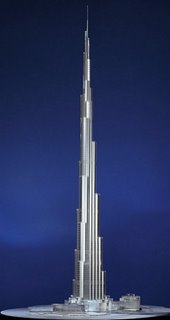 Sundew is a carnivorous plant which can be found on every continent but Antarctica. Mucilage which is drops of sticky substance could be found on the leaves of the plant. The mucilage attracts the insect to the plant tip because of its dew-drop appearance. The insects get stuck in the mucilage and become entangled. The substance then digests the helpless insect. The tentacles on the leaf bend toward the captured insect in about an hour time
Sundew is a carnivorous plant which can be found on every continent but Antarctica. Mucilage which is drops of sticky substance could be found on the leaves of the plant. The mucilage attracts the insect to the plant tip because of its dew-drop appearance. The insects get stuck in the mucilage and become entangled. The substance then digests the helpless insect. The tentacles on the leaf bend toward the captured insect in about an hour timeThis phenomenon posses a close similarity in a human world. In the investment, there are many sundews awaiting for the naïve insects trapped into their trap. The sundew proclaims themselves are Buffett disciples and follow Value Investing principles in their investment portfolio. When insects believe on them and pour out their hard earned money to the so-called “Value Investing”, sooner or later, they will find out that the truth is not as sundew proclaimed – following Value Investing principles. The sundew who proclaims himself as Buffett disciple make an investment in an lousy company where there is no profits, bad business prospect, stressing on form over substance and practice funky-punky corporate exercises. The exercises could be a beverage company get involves in aquaculture business, poultry farming company get involves in telecommunication business….etc for the sake of diversification. (or should I say DIEversification?)

People who know partially but not all are the most susceptible insects exposed to the danger of sundew. They are intelligent but without or lack of proper knowledge. Remember that intelligent does not equivalent to knowledgeable. Sir Isaac Newton is a highly intelligent person but still he falls in prey of South Sea mania which cost him a lot. People who know Warren Buffett is the world 2nd richest man in the world and his fortune is derived through investment admire of his fortune and look forward to follow his step. But, they might not even know HOW he invests. As long as there is a talk with a tag of “Warren Buffett”, “Value Investing”….etc, they would lure to it. The talk might be free of charge and even provide with food and beverages with some free goodies such as pen, umbrella and so forth. When the talk starts, it might begin with Buffettology investment principles. When they proceed further, their real motive revealed: with the help of their powerful software, it helps you to make “Value Investing”. Of course, they will show you with the help of the software, it achieves 100, 200 or even 500% return. The is no brainer logic of it: with over 1000 or even 10000 equities listed in the exchange, for sure there will be 1,2 or even 10 equities with the superb performance in short term. Whether the high growth rate could be sustained is another problem. But, they are smart enough to show you only the best of one or two while at the same time hundred or even thousand out there which perform poorly will not be shown. Since they show you with the superb result, you will enticed to purchase the “powerful” software and subscribe their service which always cost you not a dime. Who earns the most? Whether you could really earn from the investment is another story – money first dropped into the pocket of the software / talk promoters.
“What Wall Street gives with one hand, it usually takes away with the other.” How true of this. It applies not only in Wall Street as well as Main Street.
Technorati Tags: Investment, Sundew, Mucilage, Insect, Warren Buffett, Value Investing, Diversification, Corporate Exercise, Sir Isaac Newton, Wall Street



